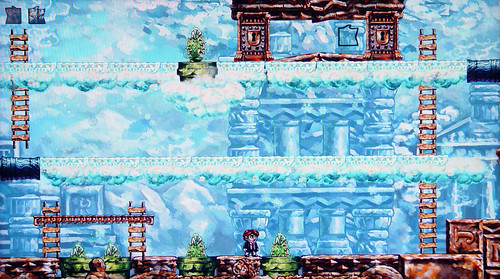Philosophies, Free Full-Text
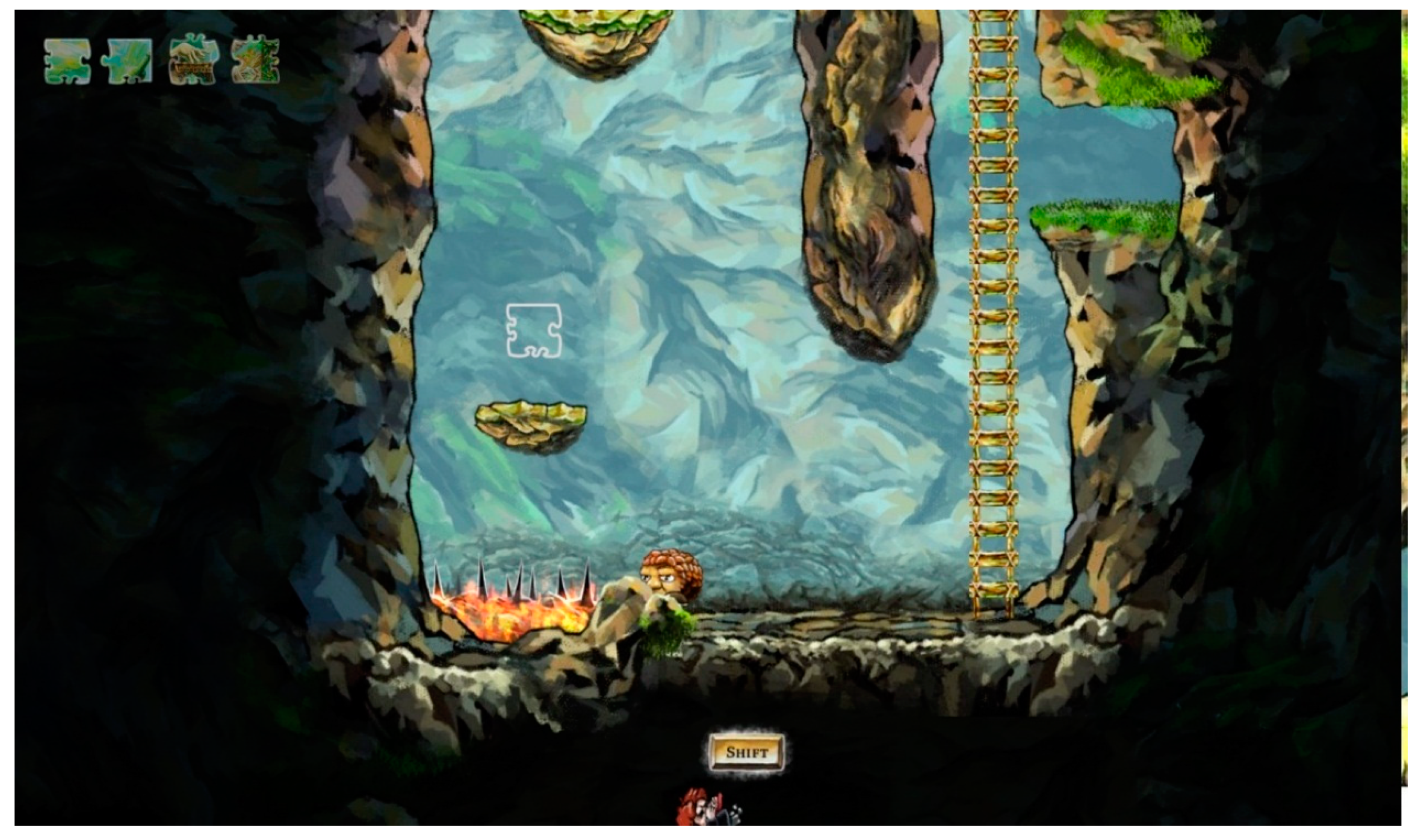
Braid’s (Jonathan Blow, 2008) time-bending gameplay allows players to engage with a virtual world in which a player’s perceived ‘past’ can be endlessly rewritten, duration extended, and the ludic arrow of time can be reversed. One could assume that as mistakes can simply be undone, in-game actions cease to have consequences. However, the climax of the game’s narrative arc disrupts our assumption of control over these mechanics and encourages players to reflect on the possible moral implications of actions, both in context of the game world and—through careful invocation of real-world scientific experiments—on everyday life. In this paper, I propose that Braid uses gameplay to explore the difficulty of making moral judgements in a world without an objective past. This is, for the most part, achieved through Braid’s utilization of a specific interpretation of quantum theory—in accordance with the game’s lead designer, Jonathan Blow—that “starts to threaten our very existence” by questioning the possibility of a singular, objective, real ‘past’ and the possibility of a definitive account of past actions. I first argue that the game’s mechanics immerse players in a game world inspired by Blow’s understanding of quantum mechanics. Placing an emphasis on certain technical aspects, I outline how the functioning of the game’s central rewind mechanic—although initially seeming to reinforce visions of our reality consistent with C.D. Broad’s ‘growing block’ theory—questions the notion of an objective past and so resonates strongly with both the work of J.A. Wheeler and an agential realist theory of time. With this understanding in place, I go on to analyze the climax of the game, reading it as an exploration of—and challenge to—the role of a presumed objective ‘past’ in understanding the morality of a given situation. Finally, through a reading of the game’s closing moments, I suggest Braid promotes a turn to individual responsibility for agency; Braid, I argue, recommends one accept the continuing existence and changeability of the past within the present while embracing one’s own role in the shared process of constantly remaking reality and history. As a result, well-intentioned actions in the present are framed as more important than a focus on precedent to predict outcomes, making a cautious suggestion on how one might live without reference to an objective existence. Although I highlight some of the wider ramifications of this at the end of this paper, Braid is far from a fully developed ethical system; it stands, however, as an engaging attempt to formulate a comment on time, temporality and morality through interactive media.
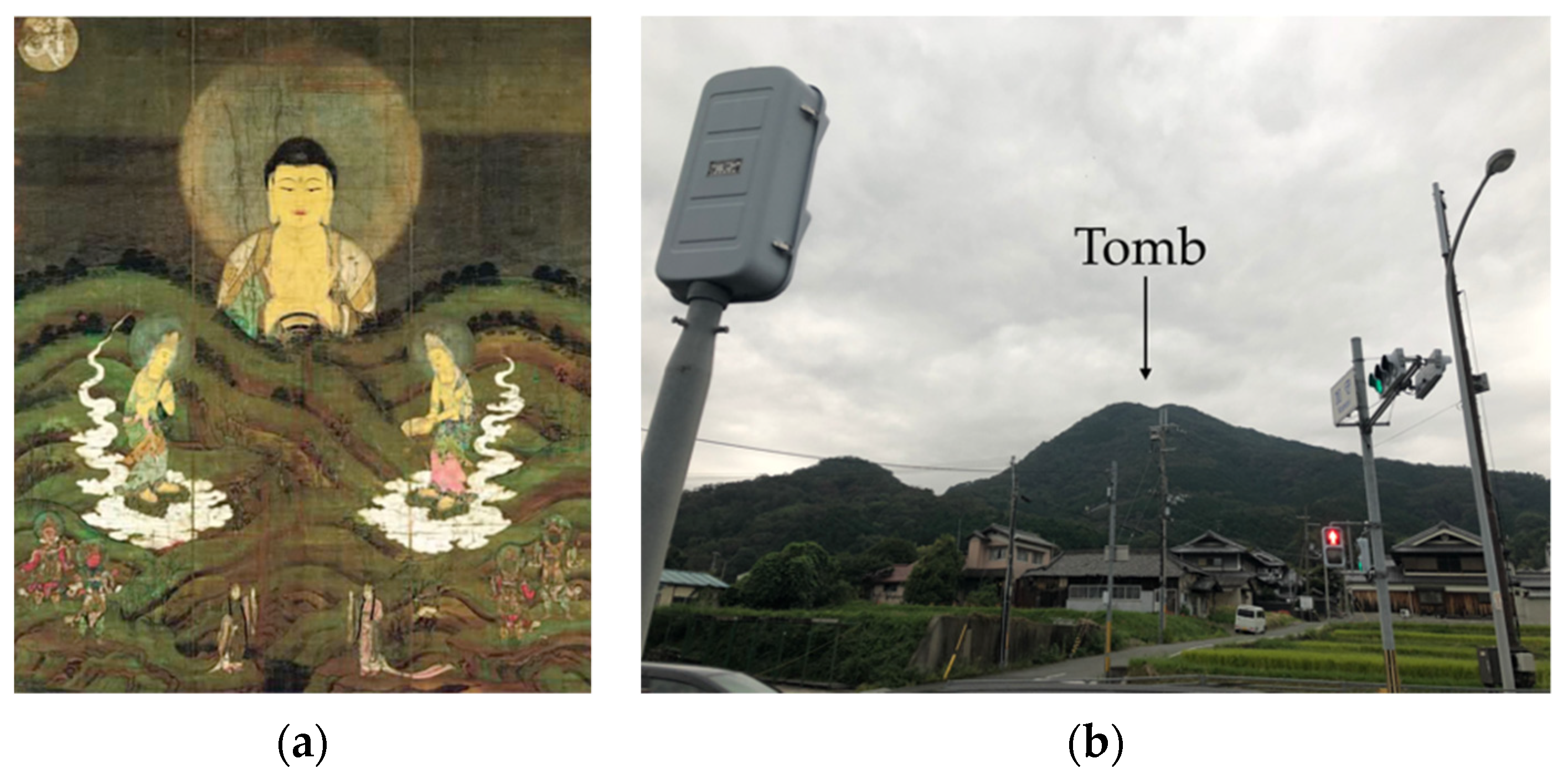
Philosophies, Free Full-Text

Philosophies, Free Full-Text
About the Book Conveys all the key information about principal philosophers or a philosophical concept, idea, or movement on a single page, enabling

Instant Philosophy - by Gareth Southwell (Paperback)
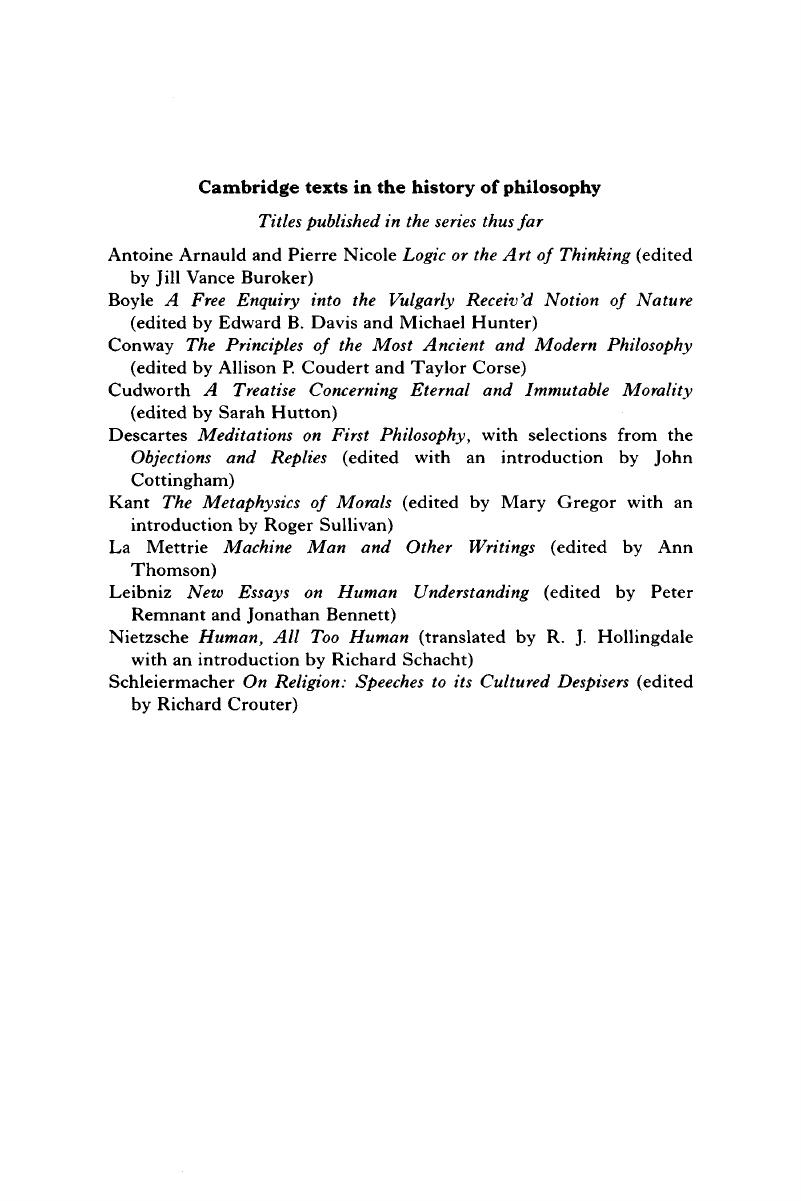
More titles in the Cambridge texts in the history of philosophy series - Leibniz: New Essays on Human Understanding
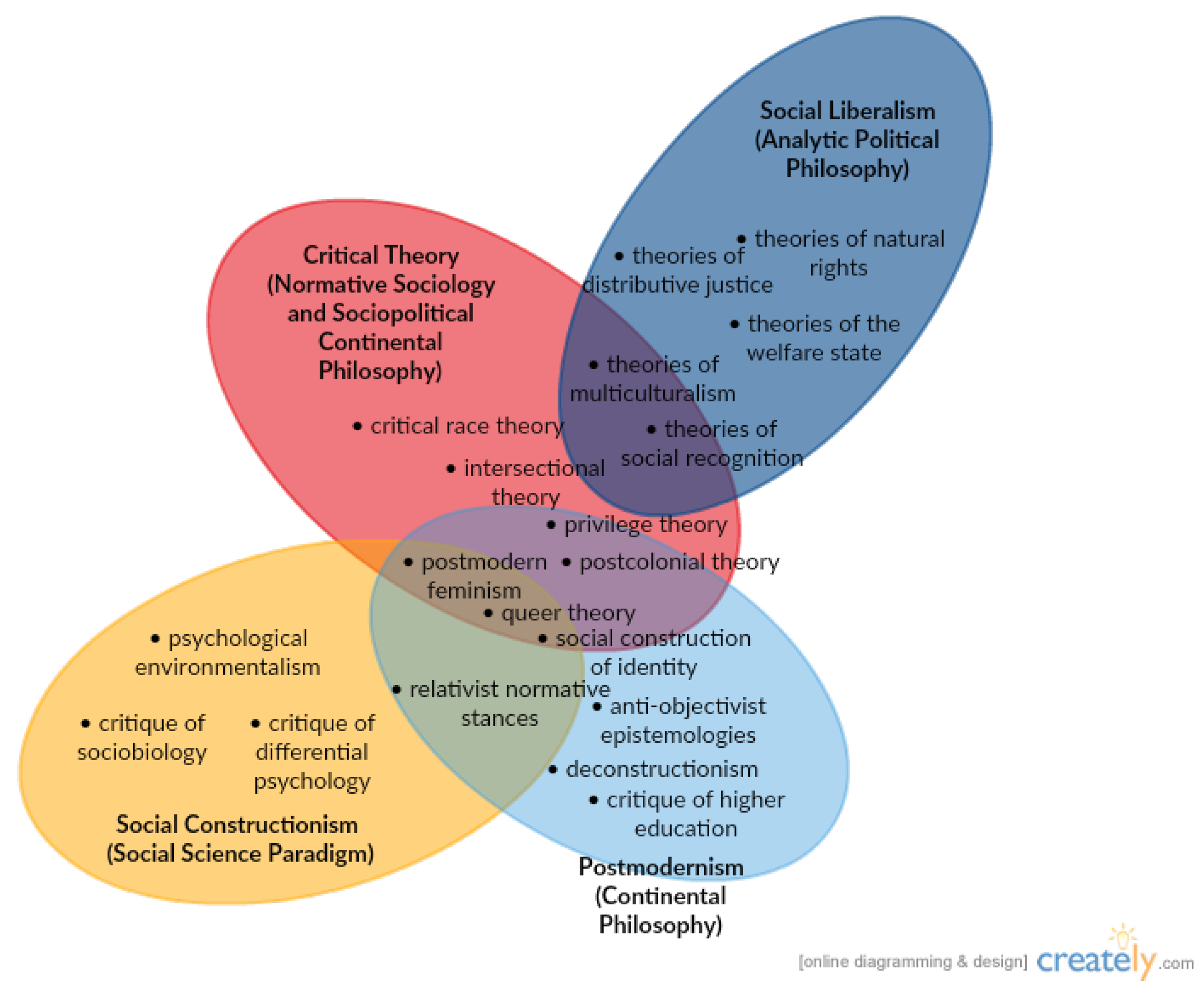
Philosophy Major in Sherman, TX, life as a game philosophy

Léon: The Professional (1994) Technical Specifications » ShotOnWhat?, filme mario e leon
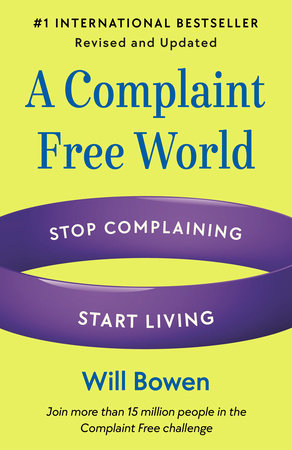
All Philosophy Books Penguin Random House

Free Will Explained : How Science and Philosophy Converge to Create a Beautiful 9781454927358

Free Will And God's Universal Causality - (bloomsbury Studies In Philosophy Of Religion) By W Matthews Grant (hardcover) : Target

Have you ever seen another human being as jacked as Eric Thames?
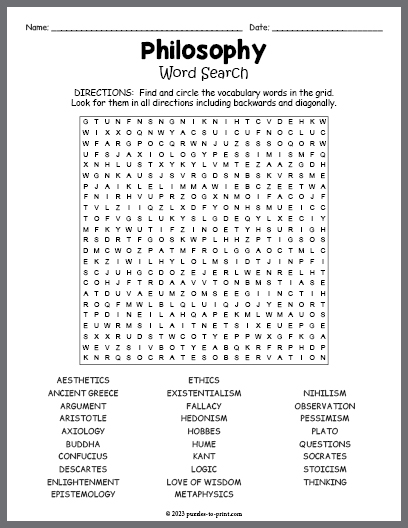
Philosophy Word Search

The Map of Philosophy: See All of the Disciplines, Areas & Subdivisions of Philosophy Mapped in a C…








